Giovanni Columbu’s 1940-set equine adventure blends various animation techniques
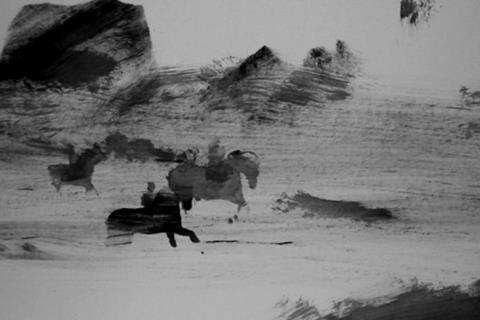
Dir/scr: Giovanni Columbu. Italy/Germany. 2024. 69mins
A tale of innocence and idealism colliding with the brutality of war, Giovanni Columbu’s striking Sardinian dialect animation Balentes is based on a story told to him by his grandmother. The year is 1940. Two boys, Michele and Ventura – brothers in all but blood – learn that local horses have been sold to the army and face almost certain death on the battlefield in the coming war. They decide to release the animals but are betrayed to the authorities, with tragic consequences. The film’s distinctive visual style and inventive use of various animation techniques goes some way to bolstering a rather thin story.
A Sardinian story to its core
This is the first venture into animation for veteran Sardinian director Columbu, whose previous films include The King (2013), a re-telling of the passion of Jesus Christ set among Sardinian Mountains, which won the Signis prize at Buenos Aires International Film Festival. Experimental in its approach, Balentes feels a little overstretched, even at its brief running time. It’s a project that might have worked more successfully as a short film or, given its visual impact and immersive sound design, as a gallery video installation work. It screens at DOK Leipzig following slots at the Rome Film Festival and Rotterdam, and has been shortlisted for a European Film Award for best animation.
Using an appealing blend of rotoscoping and hand painted animation, the story of Michele and Ventura’s misguided adventure unfolds in such an abstracted manner that quite often it’s not immediately clear what the few sparse monochrome brushstrokes on the screen represent. Captured in black, white and grey which occasionally warms into sepia tones, it can be rather powerful: at one point, a few dark smudges take wing and morph into a cloud of flitting butterflies. And the beauty and energy of the horses at the centre of the story is rendered with elegant economy, a few deft brushstrokes capturing the toss of mane and the animals’ powerful musculature.
There are other striking moments: a gorgeous wide shot of the boys building a fire at night while owls look down from the overhanging branches is visually stunning, and gains an added magic from the music choices: excerpts from Wolfgang Zeller’s score for Dreyer’s Vampyr are used throughout the film to spine-tingling effect.
But there are limitations to the sparse animated approach, most notably the lack of emotive expressiveness of the human figures. Michele and Ventura, like all the characters, are barely given recognisable faces. With just dark patches for eyes and a vaguely oval visage, we are not given much with which to relate in the characters. Dialogue, in Sardinian, is sparsely used.
This is, like all of Columbu’s work, a Sardinian story to its core. The title comes from a Sardinian word that loosely translates as bravery, courage or a sense of honour. ’Balentia’ is a term which was used by the shepherds of the island, who claimed it as part of an inherited and ancient code of honour. In the minds of the two young boys, the rescue of the horses from their fate is a matter of honour.
The idea of stealing the animals, however, came from another individual, a shady character who speaks in a hoarse whisper. His name is Melchior, and he is described in one of the film’s onscreen titles as “evil-minded”. Melchior feels aggrieved when the boys decide to release the horses without him, and pays them back by reporting them to the authorities. Expecting brigands rather than children, the armed guards fatally open fire. But Sardinia is a place that takes revenge seriously: Melchior’s betrayal ultimately seals his own fate.
Production company: Luches Film, Tama Filmproduktion
Contact: Luches S.R.L. flaviaoertwig@gmail.com
Producers: Giovanni Columbu, Flavia Oertwig, Daniele Maggioni
Animation: Giovanni Columbu
Editing: Giovanni Columbu, Benni Atria
Music: André Feldhaus, Filippo Ripamonti, Alessandro Olla, Hans Zeller, Pietro Mascagni
Main cast: Bruno Sedda, Andrea Sedda, Simonetta Columbu


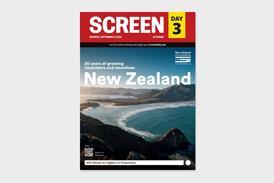


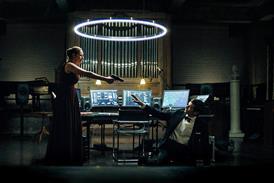
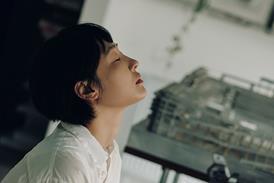


![[Clockwise from top left]: 'The Voice Of Hind Rajab', 'A House Of Dynamite', 'Jay Kelly', 'After The Hunt', 'The Smashing Machine'](https://d1nslcd7m2225b.cloudfront.net/Pictures/274x183/1/7/0/1459170_veniceawards_837515.jpg)


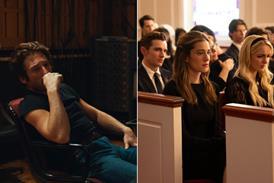
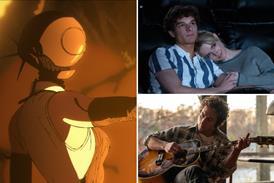
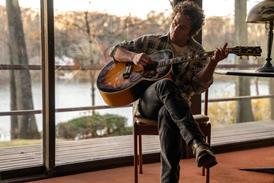

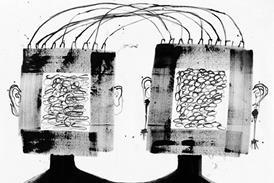
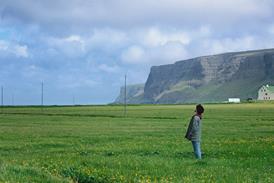







No comments yet